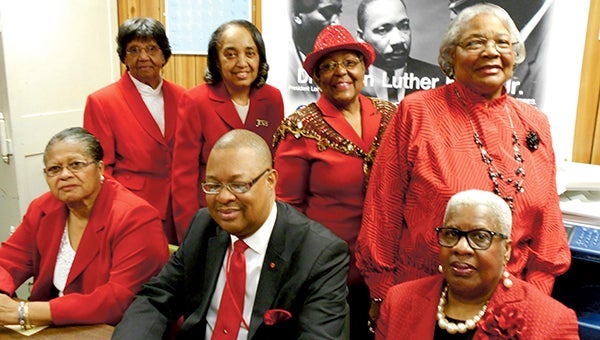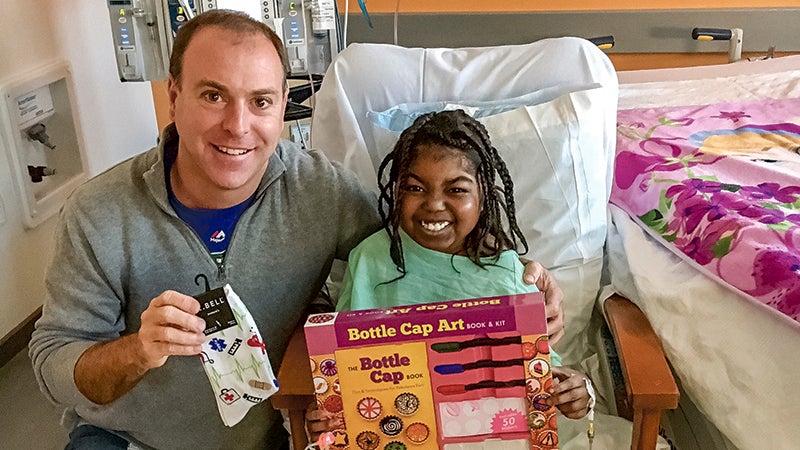Sickle cell banquet planned
Published 10:01 pm Wednesday, February 10, 2016

The Suffolk Sickle Cell Foundation Inc. includes (seated, from left) Mamie Kindred, the Rev. Felton Whitfield and the Rev. Betty Montgomery; and (standing, from left) Margaret Colander, Chryalene Whitfield, Lula Holland and Audrey Knight.
The Suffolk Sickle Cell Foundation Inc. will hold its 41st annual sickle cell charity awards banquet next month.
The banquet will be at 4 p.m. March 5 at Westminster Reformed Presbyterian Church, 3488 Godwin Blvd.
The Rev. Debra L. Haggins, the first female chaplain of Hampton University, will be the guest speaker. She serves as both campus pastor and executive director of the university’s Ministers’ Conference and Choir Directors’ and Organists’ Guild. Haggins served as interim pastor of Historic Queen Street Baptist Church in Norfolk.
Haggins has her master’s degree from Virginia Union University’s Samuel Dewitt Proctor School of Theology and is currently working on her doctorate in philosophy.
The Rev. Dr. Robert Rogers, pastor of Pulaski Baptist Church, will serve as master of ceremonies.
Andre Jackson and Company, minister of music at Oak Grove Baptist Church, will provide music. Mayor Linda Johnson will speak at the event.
The foundation reopened its Suffolk office in December 2014 at its original location, Local Union 2426, at 509 E. Washington St., after several years without an office in the city.
The Rev. Felton Whitfield, chairman of the banquet committee, is accepting donations to support clients from Suffolk and surrounding communities.
Checks can be made payable to the Suffolk Sickle Cell Foundation and can be presented at the banquet or by mail to P.O. Box 1975, Suffolk, Va. 23439
The most common form of the inherited disease, sickle cell anemia, causes the body to make abnormally shaped red blood cells, which can block blood flow in limbs and organs, causing pain, damage and increased risk of stroke and other problems, according to the National Institutes of Health. Those who have sickle cell trait do not have the disease but can pass it on to their children.
The disease is most common in black people. According to the Centers for Disease Control and Prevention, about one of every 500 blacks born in America has sickle cell disease. About two million people have the trait that allows them to pass it on to their children.





